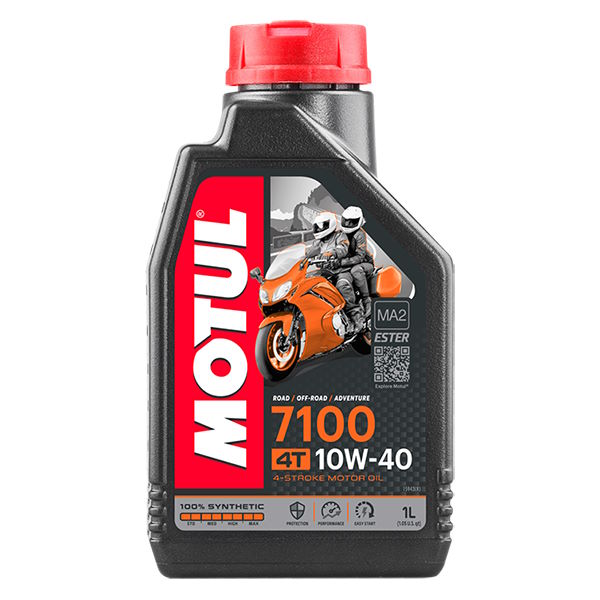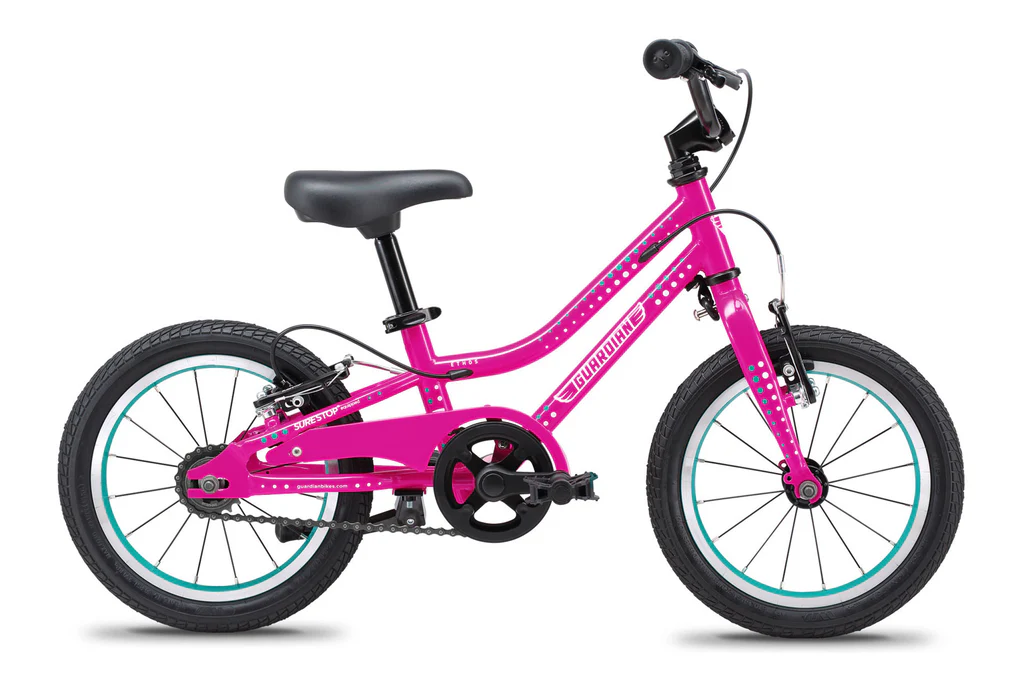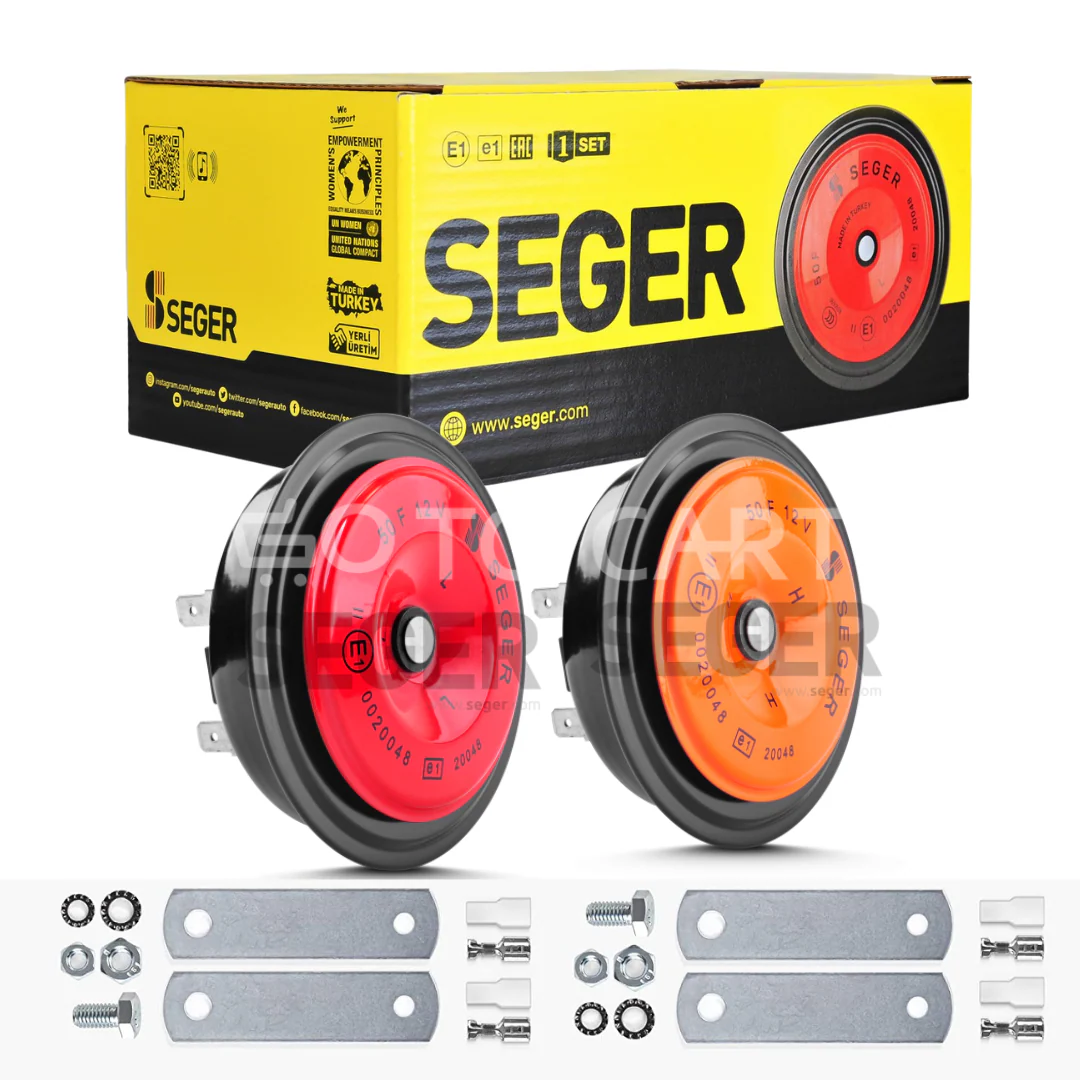Table of Contents
- What is 10W-40 Bike Oil?
- Why Choose 10W-40 for Motorcycles?
- 7 Powerful Benefits of 10W-40 Bike Oil
- Difference Between 10W-40 and Other Oils
- How to Choose the Best 10W-40 Oil for Your Bike
- Top Brands Offering 10W-40 Bike Oil
- How Often Should You Change 10W-40 Bike Oil?
- Expert Tips for Using 10W-40 Oil
- Common Mistakes Riders Make with Bike Oil
- Final Thoughts
- Read More About
10W-40 Bike Oil: What is it?
The multigrade engine oil 10W-40 bike oil is made to function well in a variety of temperatures. The “40” denotes the oil’s thickness at high operating temperatures, while the “10W” stands for winter viscosity, which indicates that the oil flows well in cold starts.
Because of this, 10W-40 bike oil is a flexible option for dirt bikes, motorcycles, and scooters, guaranteeing smooth operation on hot and cold days alike.
Castrol, one of the top oil producers, claims that 10W-40 oil is perfect for bikes with demanding engines because it offers stable viscosity and exceptional wear protection.
Why Opt for 10W-40 for Motorcycles?
Motorcycles operate at higher RPMs and frequently carry heavier loads than cars. Motorcycles may not require the protection that regular car oils can offer. 10W-40 bike oil is made specifically to:
Prevent engine wear
Stop the clutch from slipping.
Adapt to intense heat
Continue to use fuel efficiently
7 Potent Advantages of 10W-40 Bike Oil
- Superior Engine Protection: Prevents damage while riding at high speeds.
2. Improved Cold Start Performance: It starts easily at low temperatures because it flows quickly.
3. Heat Resistance: Preserves viscosity throughout hot rides.
4. Smooth Gear Shifts: A lot of 10W-40 oils have gearbox and clutch protection additives.
5. Fuel efficiency increases mileage by lowering internal friction.
6. Extended Oil Life: Synthetic 10W-40 has a longer lifespan than mineral oils.
7. Versatility: Performs admirably on highways, in urban settings, and off-road.
The Distinction Between Other Oils and 10W-40
Type of Oil Ideal for Experts Drawbacks
1. 10W-30 Scooters and small bikes Increased mileage In hot weather, less protection
2. 10W-40 Sports and standard bikes Performance that is balanced A little more expensive
3. 20W-50 Cruisers and older motorcycles Outstanding resistance to heat Thick in cold starts
4. View this thorough comparison of Mobil 1 motorcycle oils.
How to Pick Your Bike’s Best 10W-40 Oil
1. When purchasing 10W-40 bike oil, take into account:
2. Look for SG, SL, or SN in the API Rating.
3. Certification of JASO MA/MA2 (for wet clutches)
Mineral vs. Synthetic (performance bikes are better with synthetic)
Dependability of Brands
Leading Manufacturers of 10W-40 Bike Oil
1. Castrol Power1 10W-40
2. Motul 7100 10W-40
3. Mobil 1 Racing 10W-40 4T
4. Shell Advance Ultra 10W-40
5. 10W-40 Liqui Moly Street Race
How Frequently Should 10W-40 Bike Oil Be Changed?
Typical bicycles → Every 3,000–5,000 kilometers
Sports bikes → Every two to three thousand kilometers
Synthetic oils have a 7,000-kilometer lifespan.
Professional Advice on Using 10W-40 Oil
Prior to changing the oil, always warm up your bike.
Use only the grades suggested by the manufacturer.
With each oil change, replace the oil filter.
Oil should be kept dry and cool.
Typical Errors Riders Make When Using Bike Oil
utilizing automobile oil rather than oil designed for motorcycles.
filling the oil too much or too little.
disregarding the need for oil changes.
combining mineral and synthetic oils.
PakWheels. http://pakwheels.com
Concluding remarks
One of the greatest options for riders seeking long-lasting lubrication, improved performance, and engine protection is 10W-40 bike oil. Choosing the proper oil has a significant impact on the health of your bike, whether you ride every day or only occasionally.
Read more about 10w 40 bike oil. http://allbikeinfo.xyz/10w40-bike-oil








Leave a Reply